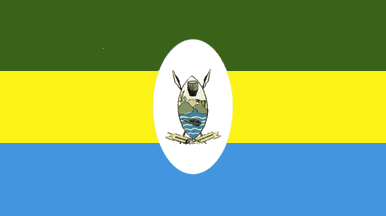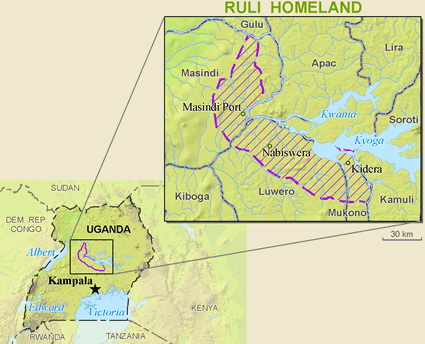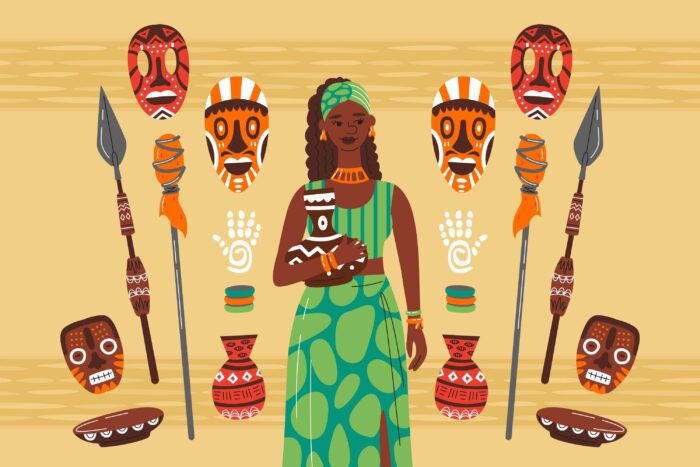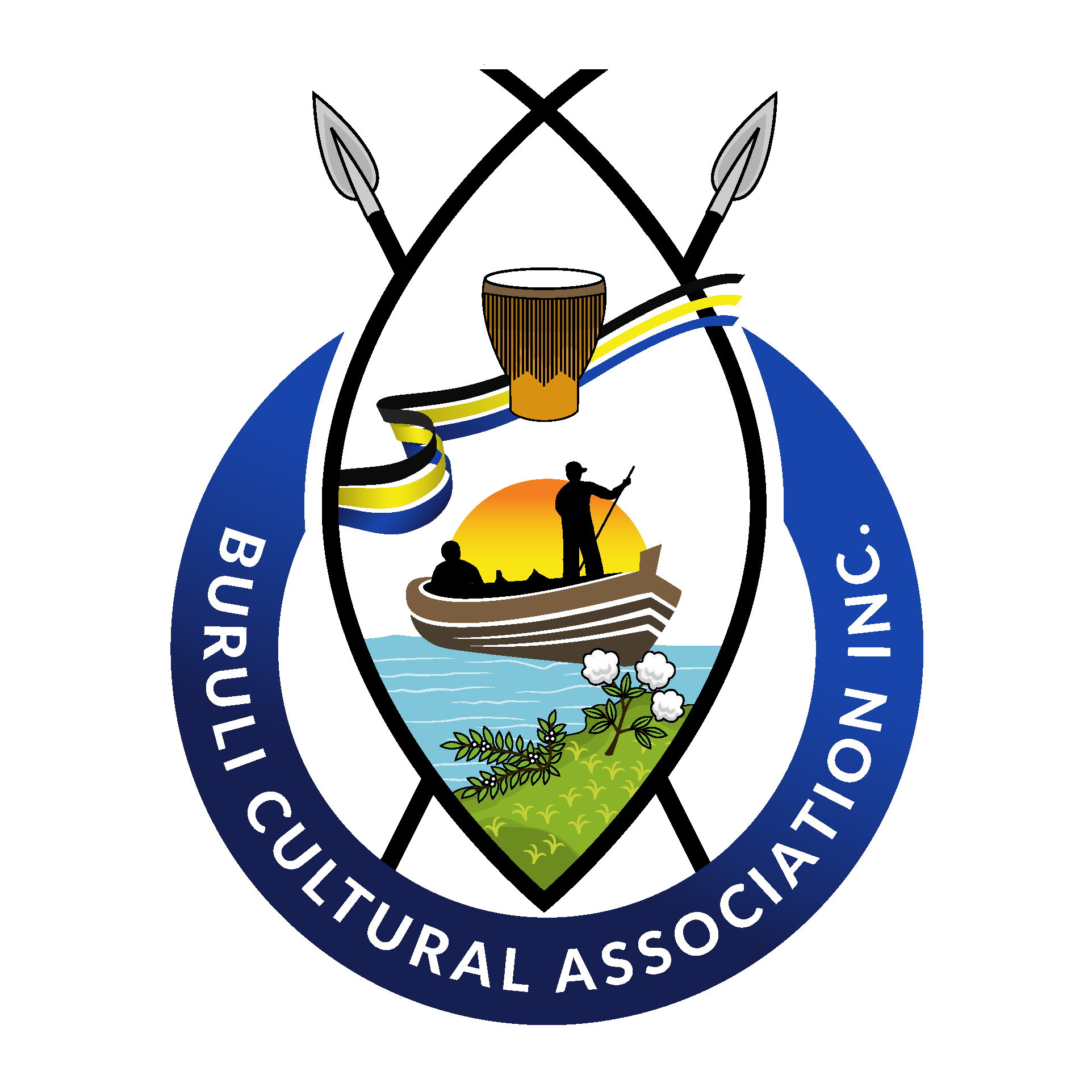The Baluuli came to be part of Buganda after their county was incorporated in Buganda, following Buganda’s victory over Bunyoro in 1896, after it aided the British to spread colonialism..
DEFINITIONS
PRONOUNS.

THE JOURNEY
BRIEF HISTORY.
The Baluuli came to be part of Buganda after their county was incorporated in Buganda, following Buganda’s victory over Bunyoro in 1896, after it aided the British to spread colonialism. Their lands were distributed to Baganda families. They migrated to the North of Lake Kyoga to the county of the Langi.

But they were forced to return to their lands in the 1980s. They lived in Luweero District, but a separate Nakasongola District was established in 1997 after the establishment of the Old Buluuli county which existed before 1990.
ORIGINS
WHERE WE ORIGINATED.

HERITAGE
CULTURE.
The Baruuli people are herdsmen, farmers, fishermen and charcoal burners. They too carry out trade with the neighborhood in fish, charcoal and food. Their staple food is sweet potatoes and Matooke. They too grow millet, g-nuts, yams, cassava, and other kinds of vegetables. Their land is very dry almost all months but they do farming near the shores of Lake Kyoga.

The Baruuli culture has acquired cultural aspects of the surrounding Baganda and Banyoro. But they still maintain their language and cultural identity. Some distinguishing characteristics of Baruuli is their cultural leader – the Isaabaruuli, and their methods of naming around totems and giving names after circumstances. They have 120 clans but, unlike many other cultures, power is not hereditary.
BELIEF SYSTEM
RELIGION.
The Baruuli worshipped spirits and gods. They worshipped Nabuzana, Katigo, Irungu and kibubu, among others. They worshipped from shrines they called Birooro, and on hills.

Today Christianity has spread. The Roman Catholic and the Church of Uganda or Anglican Church are the two largest denominations among the Baruuli. According to the 2002 Census of Uganda around 14.8% of Baruuli are Roman Catholic, and 69.2% are Anglican.
Additionally 4.5% of Baruuli are Pentecostal, and 3.5% are affiliated with the SDA Church (Seventh Day Adventist). 6.5% of the people are Muslim. Many still follow the traditional religions, and there is a high level of syncretism among those who go to church.
The current Buruli Leadership
His Highness the Isabaruuli Isabarongo Mwatyansozi Mwogezi Batamanya
The King
Honorable Wilson Muruli Mukasa
Patron of Buruli Kingdom
Honorable Muyomba Denis
Deputy Prime Minister
Dr Rogers Paul Kamugasa
Special envoy for the Kingdom in charge of health
Mr Alex Kalyango
Special evoy for Diaspora
